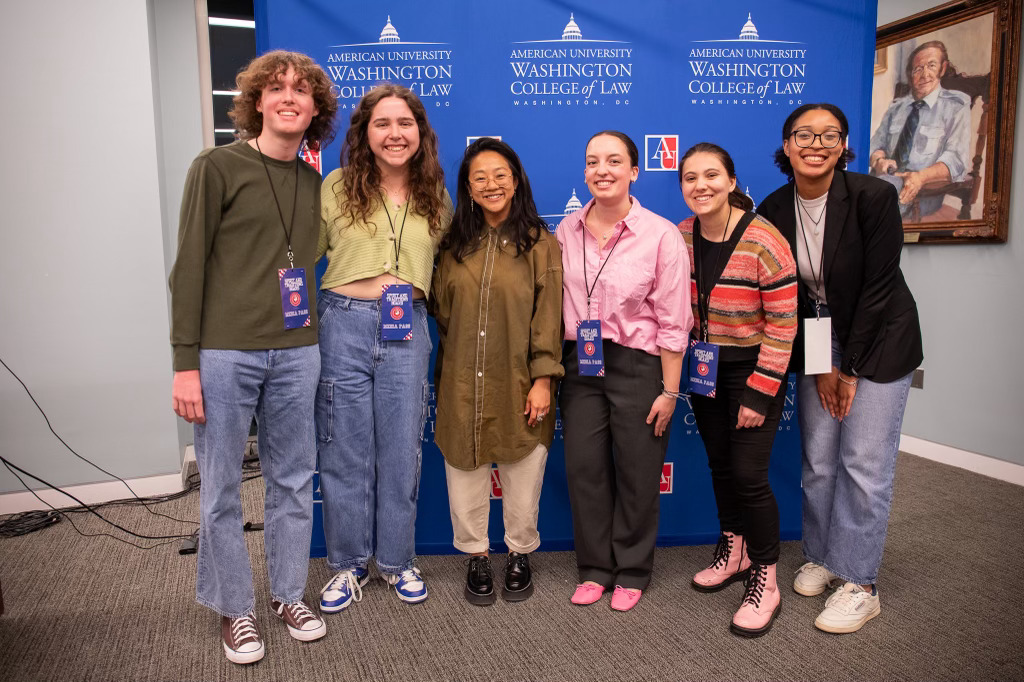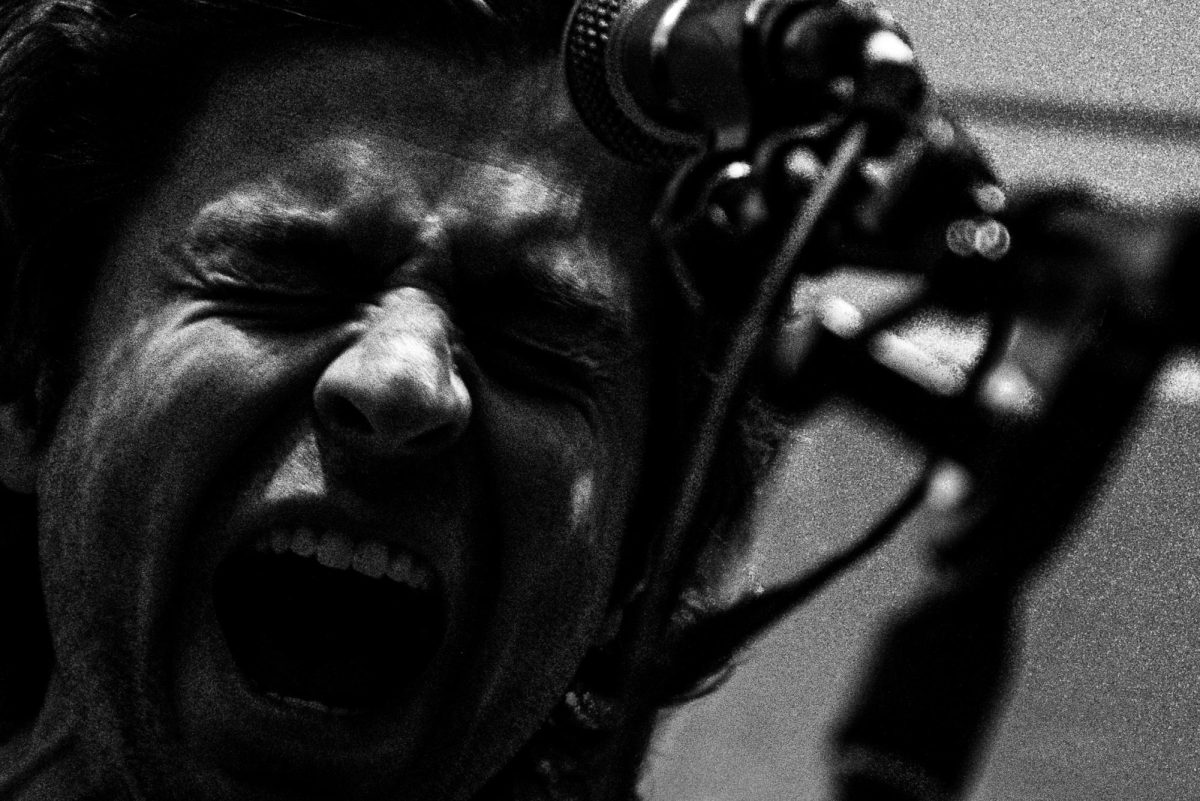Another Kind of Currency: The Problem with Pseudo-Patriotism
February 11, 2015

Courtesy of Vector Diary.
It goes without saying that the post-9/11 world that most college students grew up in is very different from the world that our parents or other older relatives grew up in. Personally, I only have very shaky memories of that day, but that is not the focus of this week’s column. Instead, I’ll be looking at the sudden – pardon the expression – explosion of pseudo-patriotism that surrounded me as I went through elementary school and the way a few musicians reacted to it.
Arguably, the most infamous reaction to this over-presence of pseudo-patriotism is Sage Francis’s “Makeshift Patriot.” The lyrics read like a criticism of the modern U.S. media but, remarkably, it was only released one month after the 9/11 attacks.
We’re selling addictive, twenty-four hour candlelight vigils on TV.
Freedom will be defended at the cost of civil liberties.
The viewers are glued to television screens, stuck,
’cause lots of things seem too sick.
I use opportunities to pluck heartstrings for theme music
However, the main idea of what Francis is saying is quite obvious, especially in the hook:
Makeshift patriot,
the flag shop is out of stock
I hang myself at half-mast.
And there is another song, released in July 2002, that manages to criticize this idea of sensationalized pseudo-patriotism in a much more nuanced manner. It’s “Sugar Free” by The Mighty Mighty Bosstones.
Often writing subtly politically charged music, the Bosstones begin the critique of the idea very subtly in the first verse:
They’ll talk about it after dinner
Over after-dinner drinks
Then tie it to the car’s antenna
and pray the sinking feeling shrinks
Without the previous context of this column, those who may not have had the 9/11 attacks fresh on their mind (as they did in 2002) may be very confused as to what “it” is. The Bosstones were very clever with the manner in which they approached this subject, which is just as sensitive for many now as it was in 2001-2002 by referring to it in less obvious terms than Francis did. Here, “it” is the “I’m going to get those damn terrorists” attitude that many Americans had in the months immediately following 9/11. While having pride in your country is far from a bad thing, it is this false sense of patriotism, this sense of “passive activism” that the Bosstones are criticizing in the song. While the lyrics throughout the song are somewhat simple, the final verse and chorus are, perhaps, some of the most metaphor-laden lyrics in their entire catalog:
It’s a candy-coated soft-shoe
In the land of sponge cake men
That wine and dine on gingerbread
Then they pass out in the den.
Erase it from all recall
Clear it like the dinner plates
It was autumn, was it ever fall?
Could you tell me what this illustrates?
And you know me,
I’m sugar free.
Dicky Barrett here is claiming not to be someone who sugar-coats the true horrors of terrorism only by sticking a “support our troops” ribbon on his car or hanging an American flag outside his home. The verse’s use of so many sweet and/or sugary ideas serve to demean those who simply do that; it’s nothing but bullshit.
And this sense of “passive activism” has not gone away in the years since 9/11. While not entirely about terrorism anymore, the amount of “1 like = 1 prayer” or “like if you support the troops” crap I see on Facebook kind of disgusts me. Don’t just like the picture. Go pray. Volunteer at the VA. ACTUALLY DO SOMETHING IF YOU CARE ABOUT SOMETHING.
Don’t pretend to care. Actually care.













